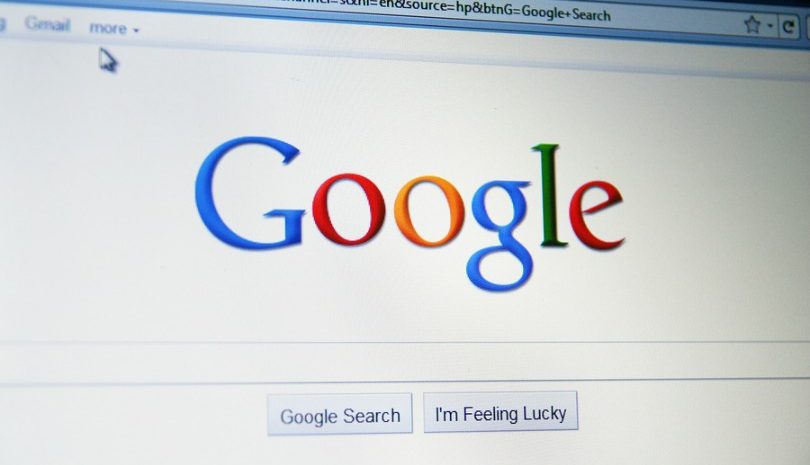Google cops €2.4b fine for unfair shopping search results

The European Commission has slapped Google with a €2.4 billion (AU$3.5 billion) fine for giving an illegal advantage to its own shopping service in search results, a breach of EU antitrust rules.
Google must end the conduct within 90 days or face penalty payments of up to 5 per cent of the average daily worldwide turnover of Alphabet, Google’s parent company.
Commissioner Margrethe Vestager said Google “abused” its market dominance as a search engine by ranking its own comparison shopping service at or near the top of search results, and demoting those of competitors.
For instance, if someone searched for a “wool coat” on Google, they would see images of wool coats at or near the top of the search results, with results for website like Asos, Amazon and Ebay further down.
The images are linked to Google’s own shopping service, Google Shopping, which lets consumers compare products and prices from a variety of online retailers, some of which pay Google to be featured.
But while other businesses are subject to Google’s algorithms for ranking, the search giant’s own service is not, giving it an unfair advantage.
“What Google has done is illegal under EU antitrust rules. It denied other companies the chance to compete on the merits and to innovate. And most importantly, it denied European consumers a genuine choice of services and the full benefits of innovation,” Vestager said.
In a statement, the EC cited evidence that shows consumers click far more often on results that appear higher up in Google’s search results.
“Even on a desktop, the ten highest-ranking generic search results on page 1 together generally receive approximately 95 per cent of all clicks on generic search results, with the top result receiving about 35 per cent of all the clicks,” the statement said.
“The first result on page 2 of Google’s generic search results receives only about 1 per cent of all clicks. […] The effects on mobile devices are even more pronounced given the much smaller screen size.”
The statement also revealed that traffic to Google Shopping has increased 45-fold in the United Kingdom, 35-fold in Germany, 19-fold in France, 29-fold in the Netherlands, 17-fold in Spain and 14-fold in Italy, since the beginning of each abuse.
Meanwhile, some rival websites in the UK experienced sudden drops in traffic of 85 per cent, up to 92 per cent in Germany and 80 per cent in France. These sudden drops could also not be explained by other factors, the EC said.
Google released a statement saying it “respectfully” disagreed with the EC’s decision.
“When you shop online, you want to find the products you’re looking for quickly and easily. And advertisers want to promote those same products.
“That’s why Google shows shopping ads, connecting our users with thousands of advertisers, large and small, in ways that are useful for both.
“We will review the Commission’s decision in detail as we consider an appeal, and we look forward to continuing to make our case,” said Kent Walker, Google’s senior vice president and general counsel.
Comment Manually
You must be logged in to post a comment.

No comments